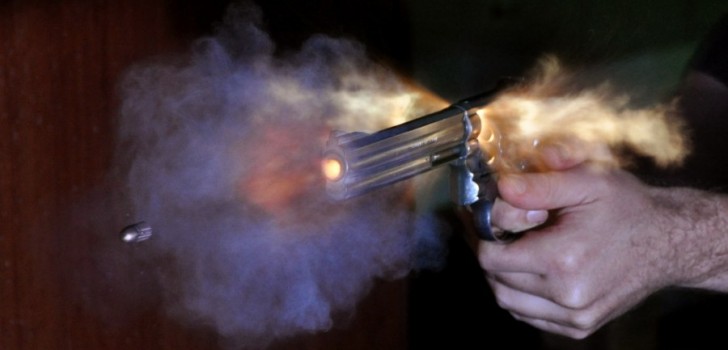After wasting millions of dollars and 15 years of time, the state of Maryland has finally decided that its handgun fingerprinting program is a failure. The program was designed to collect and store the ballistic fingerprints on thousands of handguns across the state.
Since the program’s enactment in the year 2000, gun manufacturers were required to fire every handgun that would be sold in Maryland and send the used bullet casing to authorities. Using these casings, authorities would have been able to construct a database of ballistic fingerprints that would have been used to solve crimes.
However, the system never even managed to solve a single case. The program has experienced numerous technological problems throughout the years. It is likely that the accumulated bullet casings will simply be sold for scrap.
Former Maryland Governor Parris N. Glendening said, “Obviously, I’m disappointed. It’s a little unfortunate, in that logic and common sense suggest that it would be a good crime-fighting tool.”
Gun store owner Frank Sloane added, “The database was a waste. There’s things that they could have done that would have made sense. This didn’t make any sense.“
At the end of the program, state officials managed to obtain more than 300,000 bullet casings. These casings had to be tediously stamped with an individual barcode and sealed in their own personal container. Additionally, these casings ended up taking more than three rooms of space at the Maryland State Police headquarters. Estimates show that the state spent more than $5 million on the program.
While the science behind the idea was valid, the system never quite worked in practice. The images of the guns were not very precise, and when an investigator input the data from a casing found at a crime scene, often hundreds of guns would be identified as potential matches. Ultimately, the state ended up suing the manufacturer of the sorting system. A settlement was reached outside of court.
A similar program was cancelled in New York in 2012 after also making zero successful matches. Based on the results from Maryland and New York, plans to create a national ballistic fingerprint database have been quickly dismissed. Maryland already tried to appeal the law in 2005 and 2014.
Additionally, the program also angered gun collectors who weren’t happy that the guns had to be fired for a single shot before they could be purchased. Many honest gun collectors want guns that have never once been fired.
Maryland State Police spokesperson Greg Shipley explained, “It drove the gun collectors nuts. It’s like a car. As soon as you drive it off the lot, it loses value.”
In the end, the state simply decided to cut its losses and abandon the program. It’s better late than never. Some ideas just don’t work out.
Stay Connected